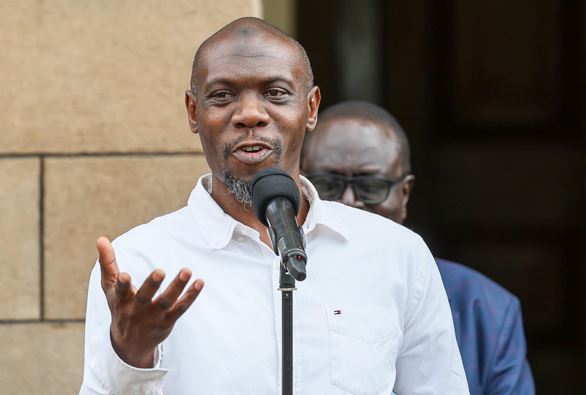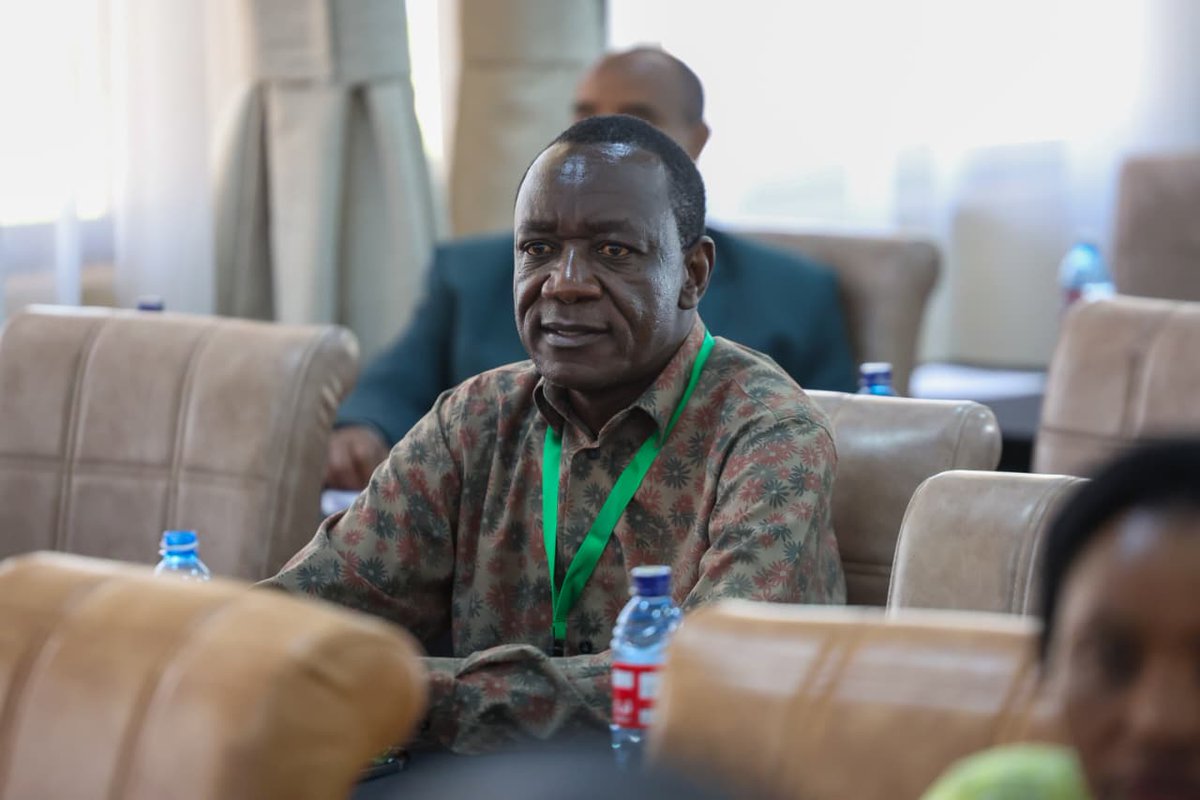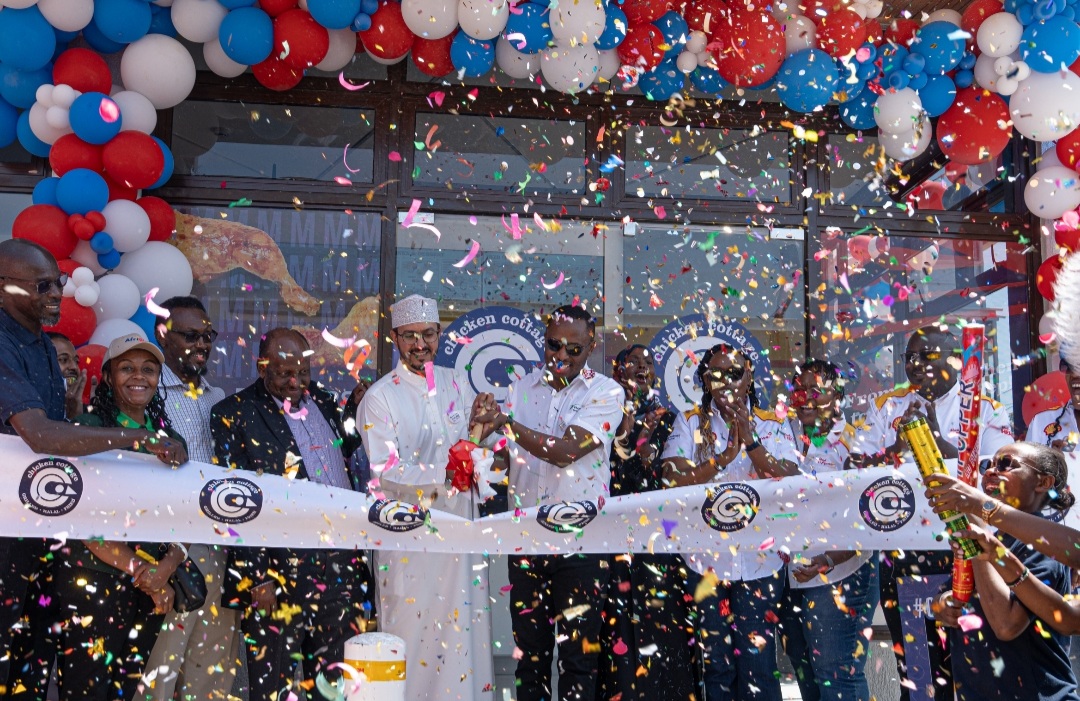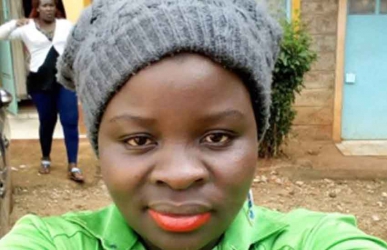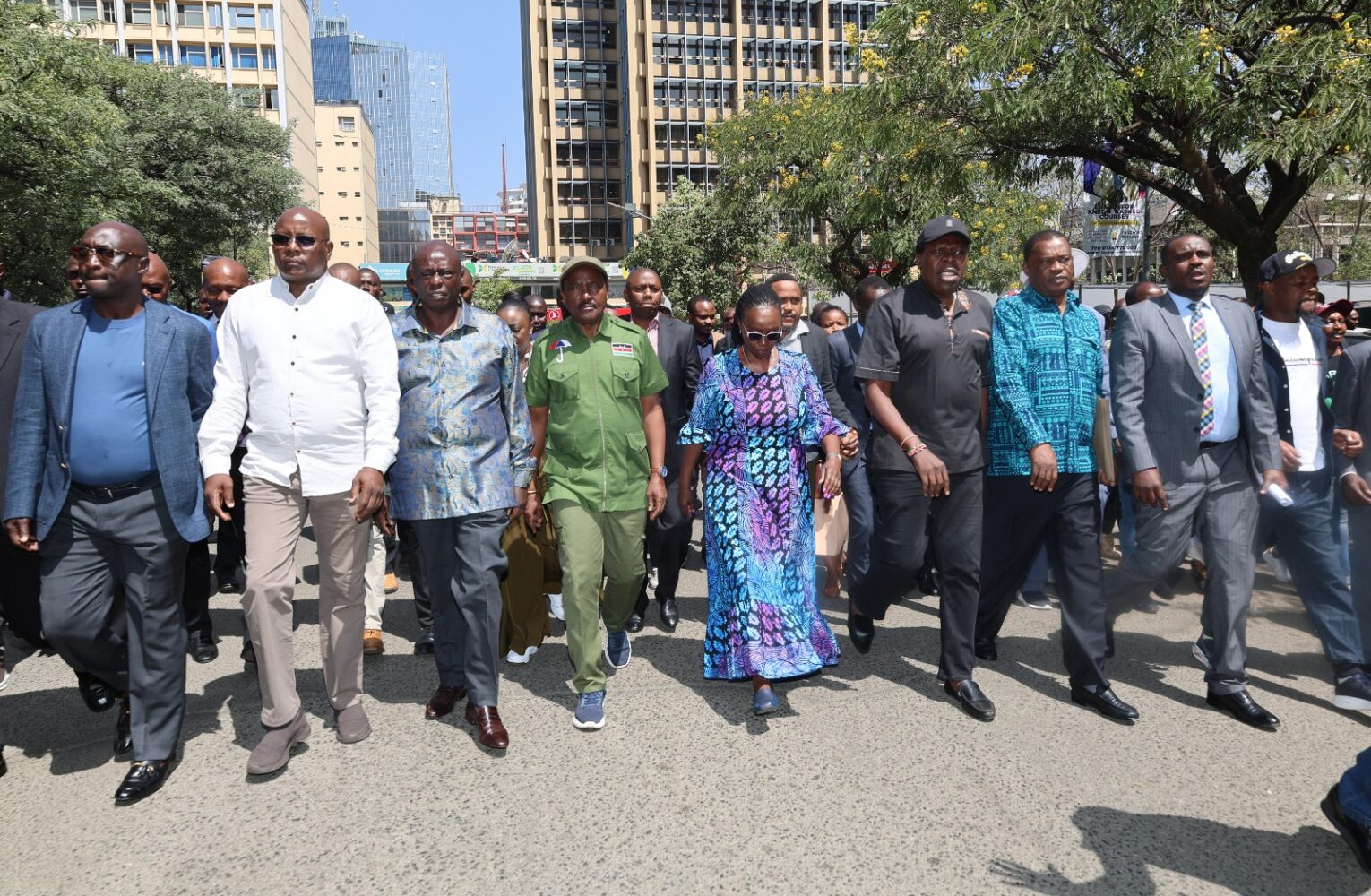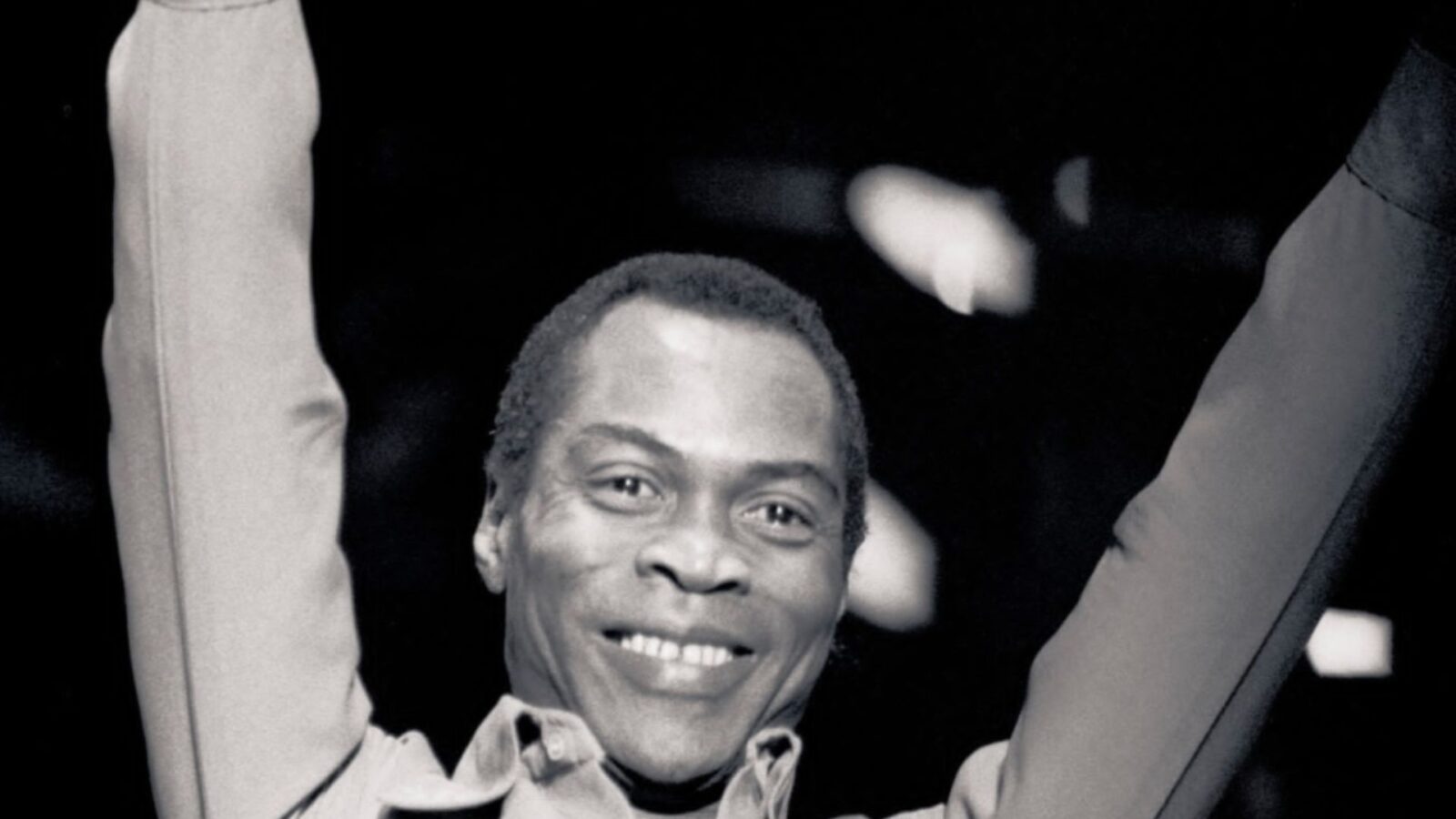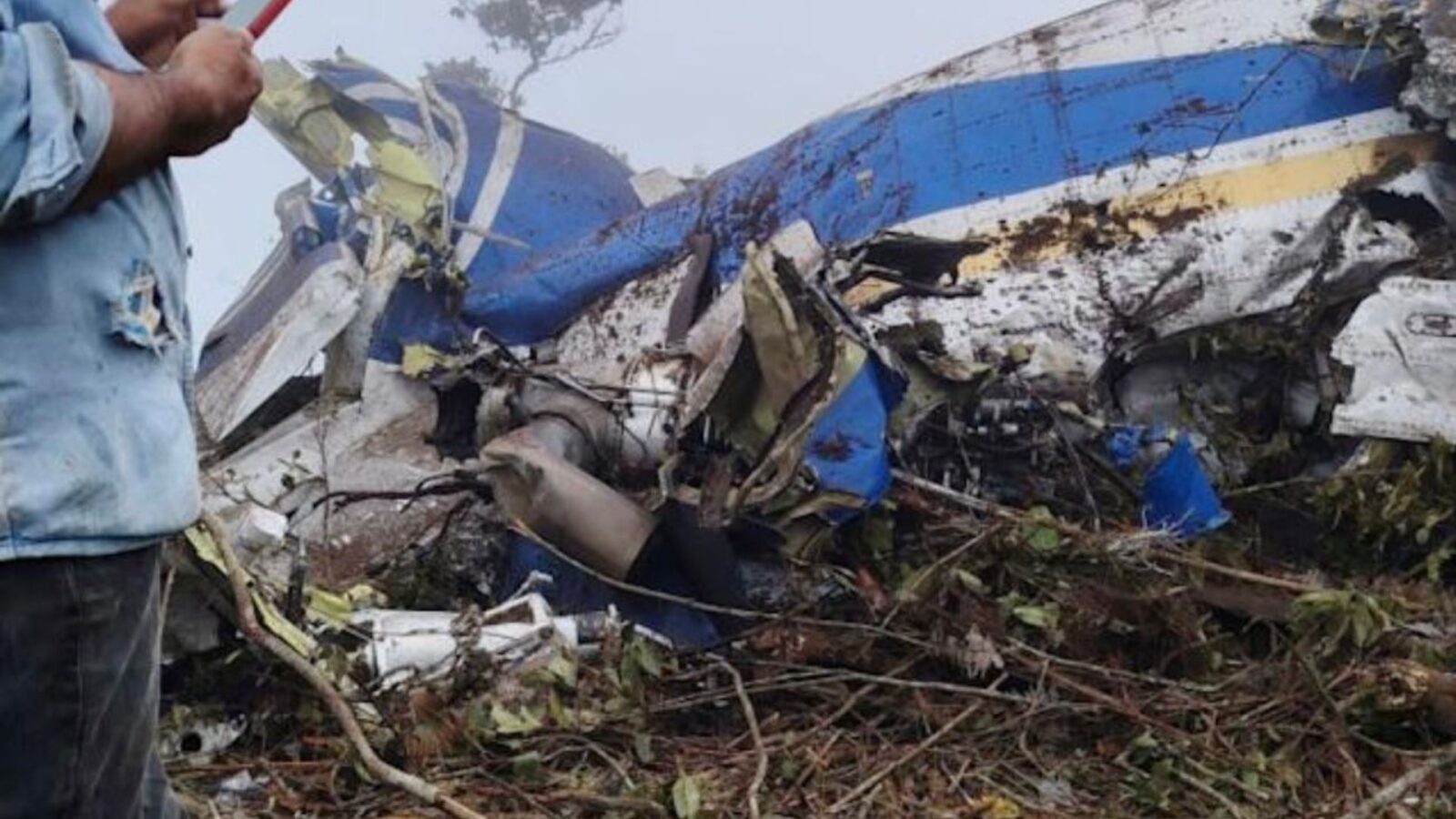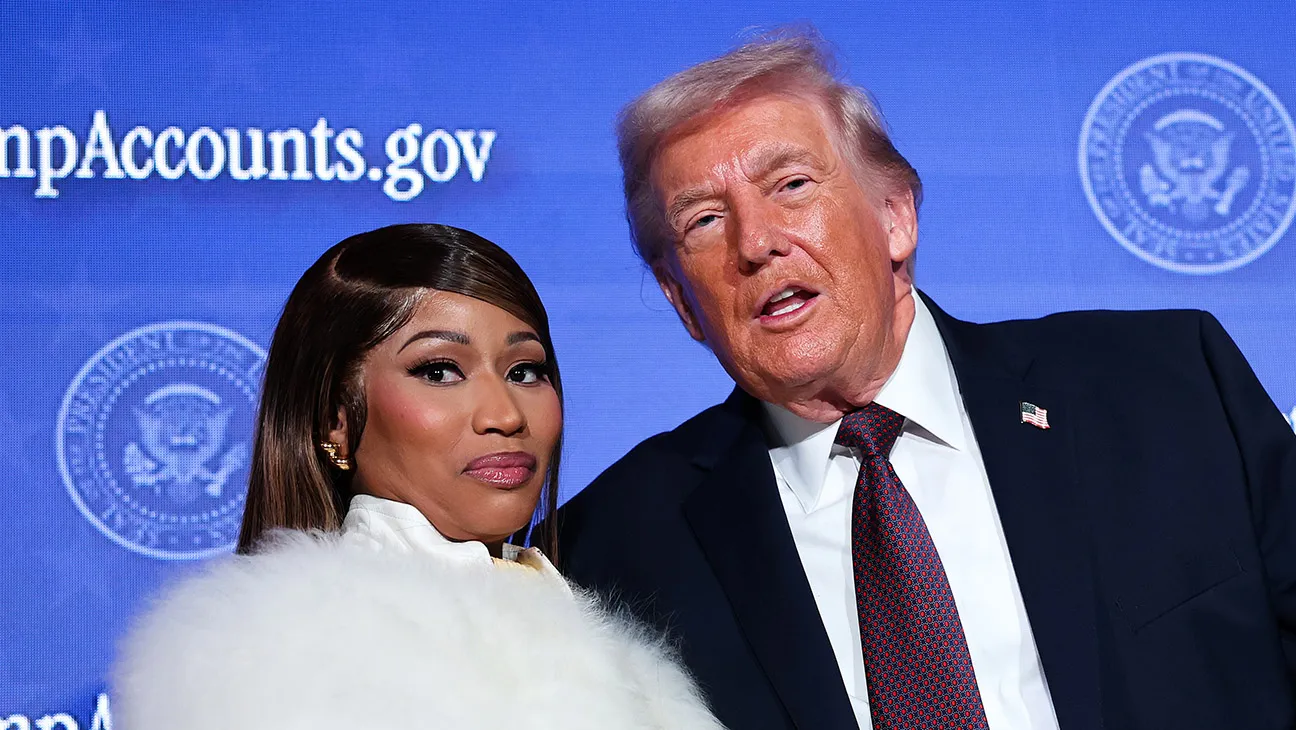After more than a decade on Saudi Arabia’s death row, Stephen Munyakho has spoken out about the tragic altercation that changed his life.
In April 2011, Munyakho was managing a warehouse at a resort when an altercation occurred. He and Abdul Halim Mujahid Makrad Saleh, his Yemeni coworker, had gotten along famously as friends and coworkers.
On that particular day, though, tensions over the payment of wages reached a boiling point.
Abdul Halim, who kept a knife for opening cartons at work, injured Munyakho in the hand and thigh during the spat. Munyakho defended himself with the same knife. He claims Abdul Halim’s delay in obtaining treatment killed him, not his injuries. Due to delayed hospital care, severe blood loss caused death, according to medical studies.
“I had no intention of killing anyone. It was my first fight ever,” Munyakho remarked, his face betraying his emotions as he described the incident. “My mom can attest to the fact that I’ve always had a knack for mediating conflicts. Words upset me that day, and I lost control”.
He emphasized once again that the death was unintentional and caused by people’s inability to control their emotions. “Abdul Halim was a good friend,” he said, after acknowledging the seriousness of the result. When I was younger, I held Susan, his daughter, in my palm. The guilt I feel for being the one who killed him is immense.
For both families, it was the turning point when a job conflict that had gone unsolved had permanent effects.
Negotiations between the victim’s mother, the Kenyan government, and the Muslim World League resulted in a final payment of blood money to the victim’s family, which postponed his execution.
This came after years of public lobbying and diplomatic intervention. In July of 2025, he was granted his freedom and returned to Kenya.


